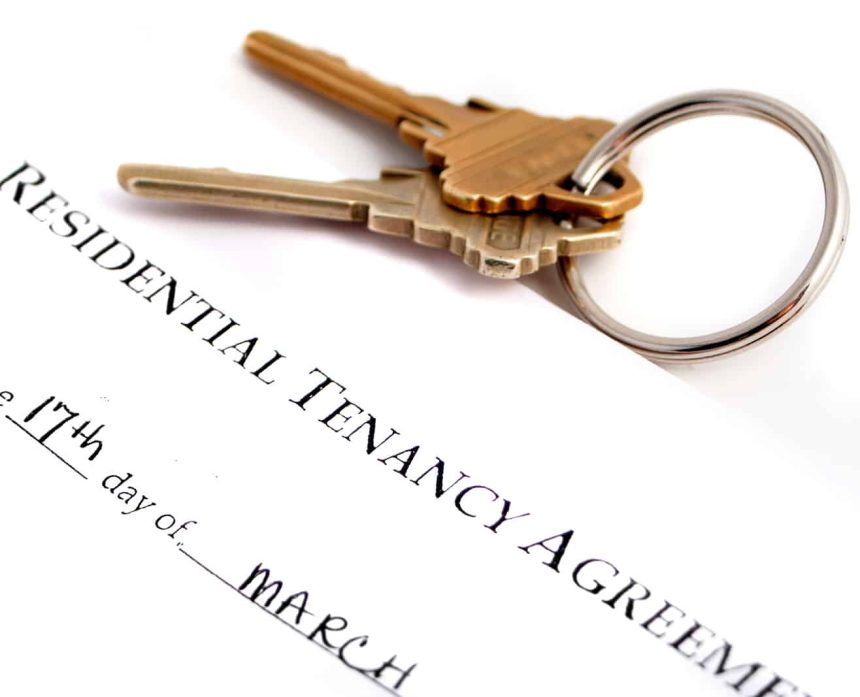In response to the rising incidences of rent evasion and property damage, a coalition of landlords and tenants has appealed to the government to implement a mandatory registry for tenancy defaulters.
The initiative, as discussed with our source in Abeokuta, seeks to strengthen the enforcement of existing tenancy laws and promote accountability within the housing sector.
Mr. Jacob Famodimu, a lawyer and Chairman of Fountain Hillip Associates and Co., emphasized that a defaulters register would compel the government to formulate precise policies addressing housing sector challenges. “Defaulters are rarely reported because tenants fear losing their accommodation,” Famodimu explained. “Additionally, current laws are insufficient to effectively identify and penalize defaulters.”

Famodimu also criticized the rapid escalation of house rents, attributing it to the shortage of available accommodation. “The demand consistently surpasses supply, forcing landlords to evict tenants through notices to quit,” he stated. He further highlighted that landlords often cite personal use as a pretext for recovery of premises, even when such grounds are unfounded. Moreover, he pointed out that many state tenancy laws prohibit the collection of advances exceeding two years for periodic tenancies, complicating the landlord-tenant relationship.
Echoing these concerns, Mr. Bolaji Ajiwe, Chairman of Ifesowopo Community Development Association (CDA) in Warewa, Ogun, called on state governments to organize meetings involving tenants and landlords to address unreasonable rent hikes. “It’s imperative to foster dialogue between stakeholders to mitigate the financial strain on both parties,” Ajiwe asserted.
Adding to the discourse, Human Rights Advocate and government official Mr. Sunday Olowoyobiojo identified multiple factors exacerbating landlord-tenant discord, including job losses, high cost of living, and arbitrary increases in tenancy rates. “From the landlords’ perspective, issues such as living beyond their means and reliance on property income contribute to tensions,” Olowoyobiojo noted. He recommended that the government undertake periodic reviews of tenancy agreements and rental rates to strengthen landlord-tenant relationships.
In a related statement, Mr. Paul Ayeni, an ex-Commandant of the Nigeria Security and Civil Defense Corps (NSCDC), urged tenants to uphold their responsibilities by paying rent punctually, maintaining cleanliness, and adhering to community laws. “Respecting these obligations can significantly reduce conflicts and foster a harmonious living environment,” Ayeni advised.
NAN reports that tenancy agreements, whether formal or oral, delineate the terms and conditions of occupancy, including tenants’ rights to a written agreement, receipt of payments, peaceful occupation, and protection against invalid quit notices. Conversely, landlords are entitled to receive rent, renew tenancies, ensure property maintenance, and issue quit notices under legitimate circumstances.
As stakeholders seek comprehensive solutions to the housing sector’s challenges, the proposed mandatory registry for tenancy defaulters stands out as a pivotal measure to enhance transparency, accountability, and fairness in landlord-tenant relationships across Nigeria.



